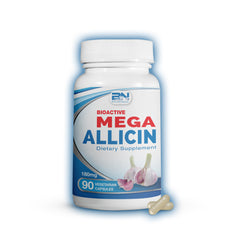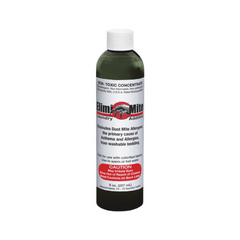Hay fever is a term for both seasonal and perennial rhinitis. It is the most common immune system disorder in the U.S. and affects approximately 35 million Americans. In the fall, Ragweed pollen is the most common trigger triggering allergies, but other triggers include dust mites, cockroaches, fungi, mold spores, and pet dander.
You may be all too aware of the symptoms, which include a runny nose, watery and itchy eyes, sneezing, and coughing. These symptoms can be treated with antihistamines or other medicines, but that can get expensive and some have side effects.
So here are a few natural remedies to try and see which work for you:
Caution: Always check with your doctor before starting or stopping any medications or supplements.
Garlic: Chemical compounds in garlic thin mucus and help to reduce sneezing,
congestion and other symptoms.
To use: Finely mince a clove of raw garlic and add it to water, applesauce, or orange juice, and consume. The aroma and strong flavor of this pungent herb will help to clear nasal congestion. Make sure you have food in the stomach before ingesting raw garlic or nausea may ensue.
Pure Lavender Oil: Lavender is great to use as aromatherapy to relieve congestion and other allergy symptoms. The scent-filled molecules act as natural antihistamines and help to reduce inflammation and congestion in the nasal passages.
To use: Put one or two drops of pure lavender oil on a handkerchief or towel. Take a deep sniff every few minutes when you have an allergy flare-up. For added relief, add pure lavender oil to a hot bath and soak. Not only will this help to open the nasal passages, but will also help reduce stress and act as a natural sleep aid.
Fish Oil and Omega-3s: Omega-3 fatty acids in fish oil have been shown to reduce inflammation throughout the body. It can alleviate allergy symptoms by reducing inflammation and swelling in the nasal passages.
To use: Take a minimum of 1,000 mg daily. It should contain at least 500 mg of EPA and 250 mg of DHA per capsule. Make sure you check with your doctor, especially if you are taking blood-thinning medication such as warfarin. Using both together could increase the risk of bleeding.






